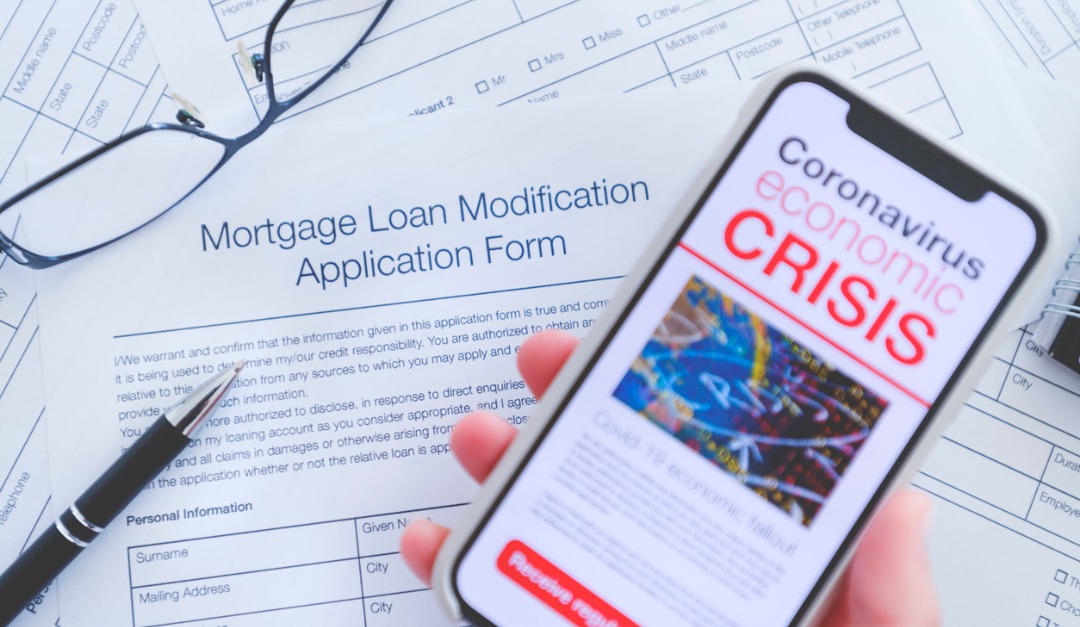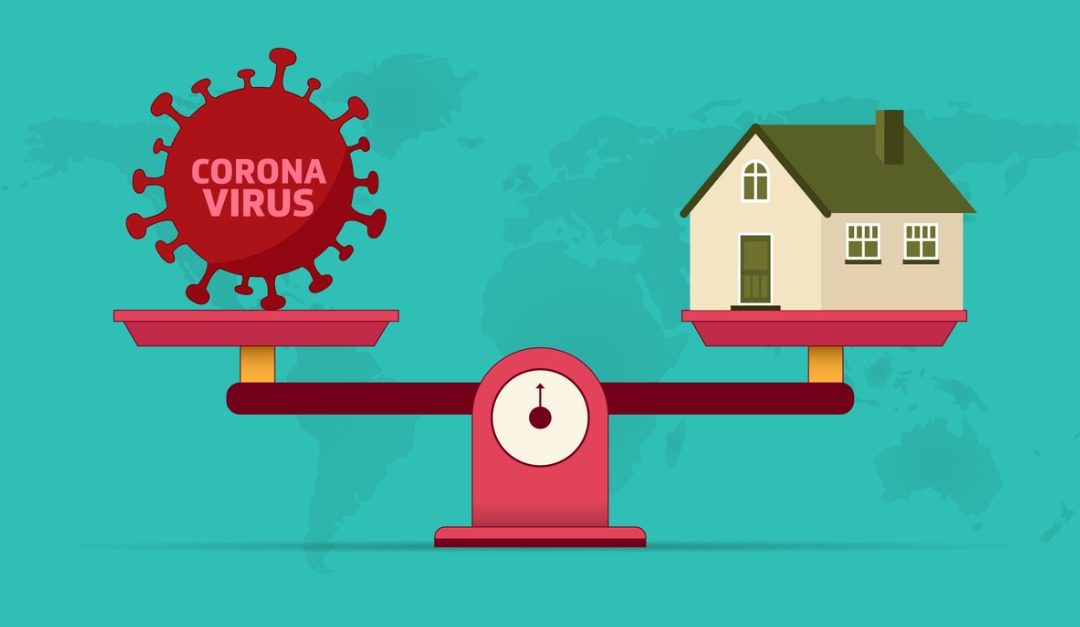If you were laid off, had your hours reduced or your pay cut because of the coronavirus, you may be worried that you won’t be able to pay your mortgage. Your lender may offer options such as forbearance and deferment to help you stay afloat financially during these tough times.
Mortgage Forbearance and Deferment Terms
If you have a federally backed mortgage and you are unable to make payments due to a financial hardship related to COVID-19, the Coronavirus Aid, Relief, and Economic Security (CARES) Act allows you to request a forbearance for up to 180 days and a 180-day extension after that. You don’t have to provide documentation to prove that you are experiencing a hardship, but you do need to contact your loan servicer.
Forbearance would allow you to pause your monthly mortgage payments and not be charged any fees, penalties or interest, except what you would normally be charged. You would be able to make up the missed payments in a lump sum or over time, either when the forbearance period ended or at the end of the original loan term.
If your mortgage is not federally backed, your lender may approve forbearance to let you make smaller mortgage payments or pause your payments completely for several months. You would continue to accrue interest during the forbearance period. You might have to make up the missed payments at the end of the forbearance period in a lump sum, or your lender might let you make them up over a period of time by making larger-than-usual monthly payments.
Deferment would let you skip your mortgage payments for several months. You might have to pay the money in a lump sum at the end of the deferment period or make larger monthly payments until you made up the missed payments. The lender might add the missed payments to the end of the loan term, effectively lengthening the term of the mortgage. Deferment might stop interest from accruing while you were not making payments.
Would Forbearance or Deferment Affect Your Credit?
Forbearance or deferment would not have a negative effect on your credit. Either would be considered neutral. If you were behind on your payments before the coronavirus pandemic, however, and you got a forbearance now, the lender could still report to credit bureaus that you were delinquent until you had made up the initial missed payments.
Get in Touch With Your Lender
Mortgage lenders are offering options to help struggling borrowers, but you have to ask for help. Don’t just skip your payments. The lender would report that to the credit bureaus and it could hurt your credit score. If you don’t think you will be able to pay your mortgage, contact your lender as soon as possible to explain your circumstances and ask what options are available.











